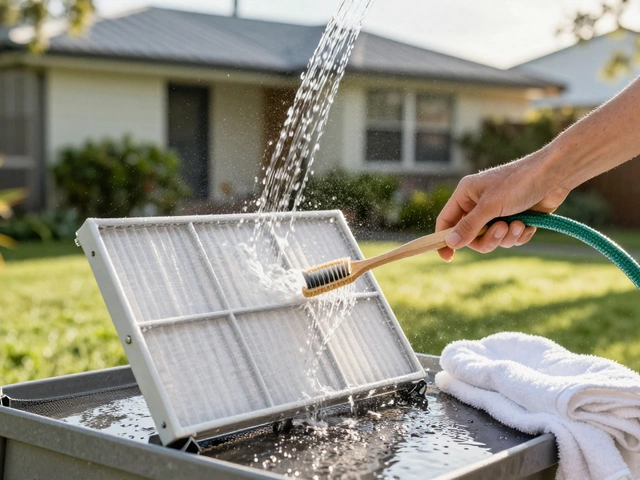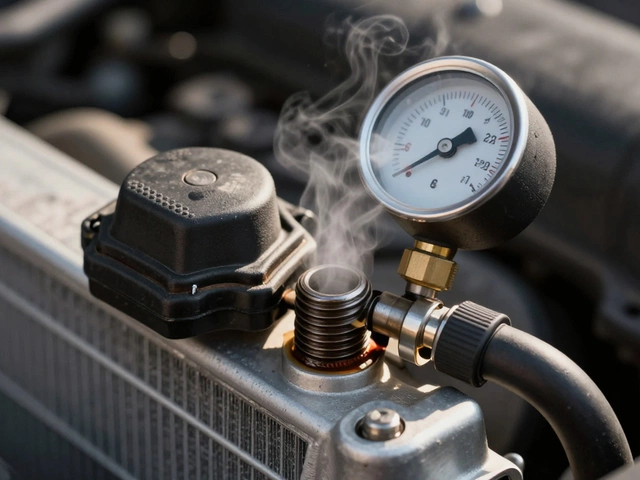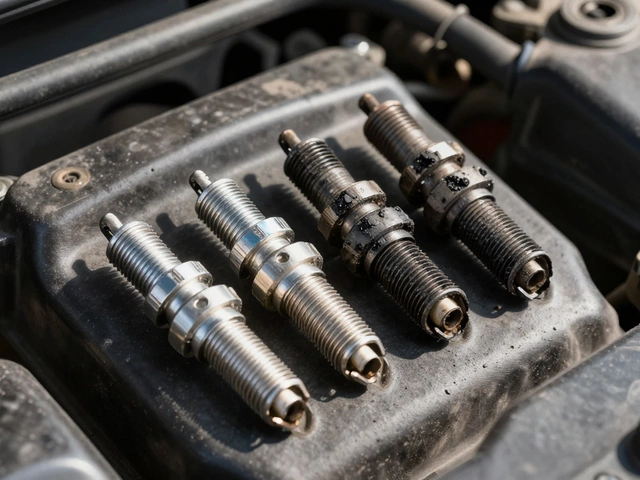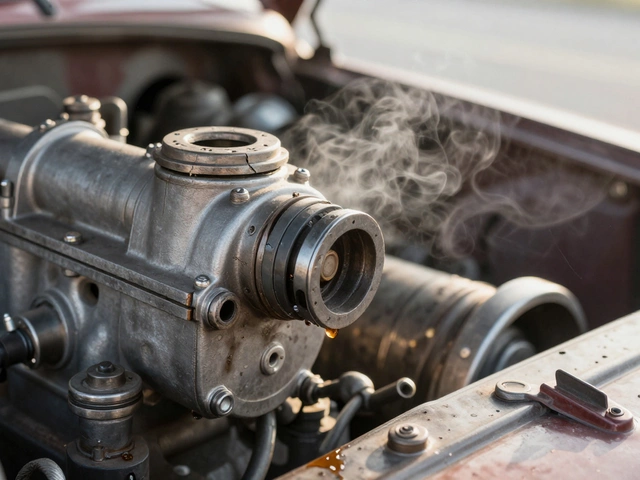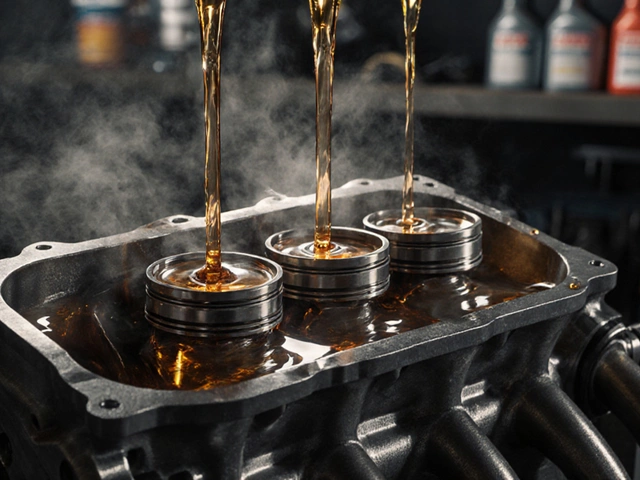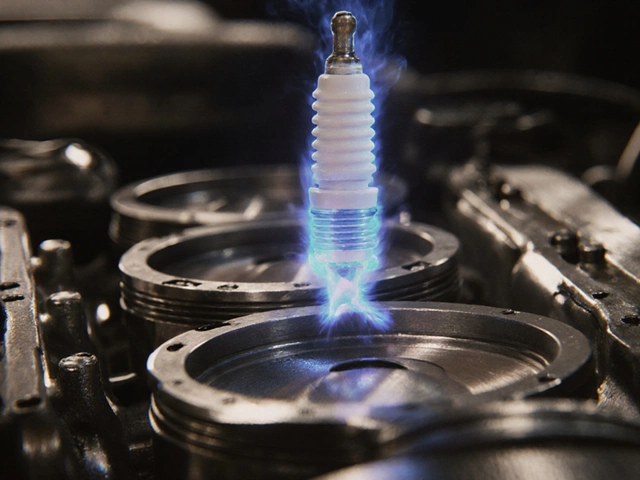Car Fuel System Repair
When working with car fuel system, the network of pump, filter, injectors, and lines that delivers fuel to the engine. Also known as fuel system, it is the heart of any gasoline or diesel engine because without it the car simply won’t run. Car fuel system repair starts with understanding that the system encompasses components like the fuel pump, fuel filter, and fuel injectors. It requires clean fuel and proper pressure to keep combustion efficient, and it interacts with other engine fluids such as engine oil, which lubricates moving parts and helps dissipate heat. When oil degrades, it can raise engine temperature, forcing the fuel pump to work harder and potentially causing premature wear. That’s why many DIYers start with a quick oil check before diving into a fuel‑related fix. Knowing the signs—a rough idle, hard starts, or a sudden loss of power—lets you pinpoint whether the problem lies in the pump, the filter, or the injectors before you tear the car apart.
How Other Systems Influence Fuel Performance
The fuel system doesn’t operate in isolation. A clogged exhaust system, which routes combustion gases away from the engine can raise back‑pressure, making the engine work harder and altering fuel‑air mixture ratios. Similarly, a failing radiator, the cooling component that regulates engine temperature can cause overheating, which thickens fuel and stresses the pump. Even the brake system, though primarily for stopping power, shares common wear points like seals and fluid lines that can leak into the fuel compartment if not inspected regularly. By keeping these related systems healthy, you create a stable environment where the fuel system can perform at its best. For example, a clean exhaust improves exhaust flow, reducing the engine’s demand for extra fuel, while a well‑functioning radiator keeps the combustion chamber at optimal temperature, preventing fuel vapor lock.
All of this ties back to the practical steps you’ll find in the articles below. Whether you’re swapping a worn fuel filter, testing pump pressure with a handheld gauge, or cleaning injectors with a professional kit, the right preparation saves time and money. The collection also covers broader maintenance topics—like why regular oil changes matter, how suspension health affects fuel efficiency, and what a failing radiator can do to fuel delivery. By reading through the guides, you’ll learn to diagnose symptoms, choose the right tools, and execute repairs safely. Armed with that knowledge, you’ll be ready to tackle anything from a stubborn fuel pump to an overlooked filter, keeping your car running smoothly and efficiently. Let’s dive into the detailed guides and see how each piece fits into the bigger picture of reliable car care.

Fuel Pump Replacement Cost: What to Expect
Learn the typical price range for replacing a fuel pump, understand parts vs labor costs, compare OEM, aftermarket and remanufactured options, and get tips for DIY or professional service.
CONTINUE READING